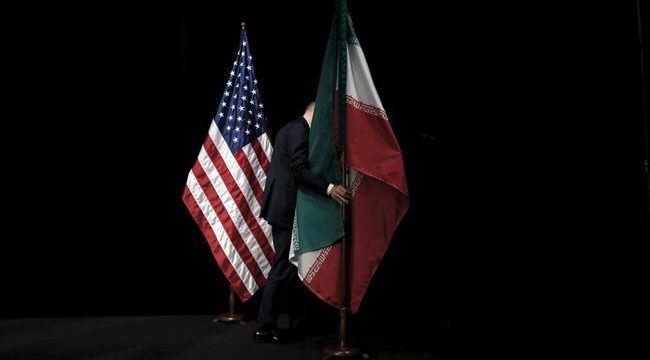According to a Monday report by Politico, as covered by Press TV, the letter was penned by bipartisan signatories.
“Given the stakes, the US will need more, not less, engagement with Iran,” they wrote.
The figures include retired Sens. Tom Daschle (D-S.D.), Mark Udall (D-Colo.), Carl Levin (D-Mich.), J. Bennett Johnston (D-La.), and Nancy Kassebaum (R-Kan.), as well as former Rep. Lee Hamilton (D-Ind.), it revealed.
Also among the signatories are former Air Force Chief of Staff Gen. Merrill McPeak and Nobel Prize winners Leon Cooper and Burton Richter.
“The US should develop policies that increase the chances of cooperation with Iran, minimize confrontation,” the letter read.
“We acknowledge that opportunities will be limited for testing Iran’s willingness to work directly with the US due to the political uncertainties in both countries in the coming year, but engagement should be the US government’s long-term goal.”
It urged the creation of a direct diplomatic channel, with deputy foreign ministers at either end, which would obviate the need for the countries’ top diplomats to contact one another. It also suggested the creation of a contact regime with “emergency communications capability.”
Should Washington widen the current distance between the two sides, it would risk jeopardizing US interests in the Middle East and invite further open conflict for the US there, the signatories warned. Shortening the distance, however, would benefit both countries’ respective interests, they said.
However, they described it as incumbent upon the US chief executive to “influence Iran’s actions in the region,” and to not risk alienating its regional allies, most importantly Israel, at the cost of closer Iran engagement.
Politico reminded that the next US president could reverse any trust-building measure which Obama could potentially take toward the Islamic Republic.
As a case in point, it referred to GOP aspirant Donald Trump, who has threatened to tear up the nuclear agreement between Iran and the world powers, including the United States, which was reached last year and which put an end to nearly a decade of a dispute over Iran’s nuclear program.
On June 14, Leader of the Islamic Revolution Ayatollah Seyyed Ali Khamenei pointed to the threats by some US presidential hopefuls to scrap the nuclear agreement, known as the Joint Comprehensive Plan of Action (JCPOA), saying the Islamic Republic will strongly respond to any such move.
“We will not violate the JCPOA, but if the opposite side violates it — as US presidential candidates are currently threatening to tear up the JCPOA — if they tear up the JCPOA, we will burn it,” the Leader stated.
The letter by the US figures also urged communication between the US Treasury Department and the Central Bank of Iran to more easily address questions surrounding the relief of sanctions promised under the JCPOA.
Under the deal, Iran agreed to limit its nuclear program and provide enhanced access to international atomic monitors in return for the termination of all nuclear-related sanctions imposed by the United States, the United Nations (UN) and the European Union (EU) against the country.
The US Congress, however, has been taking various measures aimed at preserving the obstacles in the way of US and European trade with Iran. European banks have balked at the idea of resuming transaction with Iran, fearing punitive US measures.
Earlier in the month, the Republican-weighted US House of Representatives voted by voice to pass two amendments to a financial services spending bill aimed at barring Chicago-based Boeing from selling commercial passenger aircraft to Tehran.
The move came just a month after Boeing and Iran’s national airline Iran Air reached a USD 25-billion agreement. According to the deal, a total of 80 aircraft will be sold and a further 29 will be leased with Boeing’s support.
